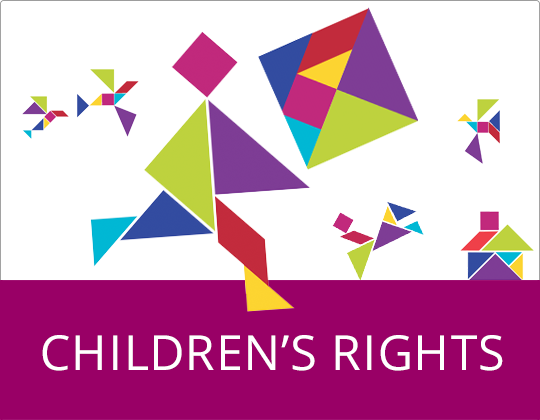
By Mary Jo Pitzl | Arizona Republic
A judge’s decision that it was in the best interest of two children for their mother to lose parental rights was correct, the state Supreme Court found, reversing an earlier decision that such a move was based on shaky facts.
The unanimous ruling last week made clear that when it comes to child neglect or abuse, the child’s best interest overrides a parent’s rights.
However, one justice cautioned that Arizona law does not do enough to protect the fundamental rights of people to parent their children.
Justice Clint Bolick, while agreeing with the overall opinion, cited U.S. Supreme Court precedent that found a parent’s right to care for their child is protected by the 14th Amendment. That right “does not evaporate simply because they have not been model parents or have lost temporary custody of their child to the state,” Bolick wrote, quoting the 1982 ruling.
Insufficient case
The state Supreme Court’s ruling upholds a 2016 decision by the Maricopa County Juvenile Court that a woman, identified only as “Alma S,” had not done enough to protect her children from abuse and neglect. The court approved termination of her parental rights.
She appealed on the grounds that her children’s best interests were not taken into consideration, and last November the Court of Appeals agreed with her. In a blistering critique, it found the case against her was not sufficiently supported by Department of Child Safety evidence.
There appeared to be only one motive to separate the mother from her kids: that the children were adoptable, the appeals court concluded.
“I have long supported the idea that the best interest standard must always be the predominant consideration in all cases involving children even in the face of a fundamental right each Arizonian has to parent their children. Each severance case is different. Each severance case must be scrutinized to ensure the child is being protected. The best interest conclusion is paramount even if that means severance. However, I have observed first-hand the type of railroading that can sometimes occur within certain courtroom workgroups in the juvenile court system.
“As reflected by the data, a judge will rarely buck the state’s recommendation for severance. Justice Bolick has good reason to be concerned about whether parents are receiving due process in their severance matters. Family reunification should be the ultimate goal and parents should be given considerable time to accomplish that goal. It is also important to ensure that all individuals involved in a severance matter (the Judge, the Attorney General, the DCS caseworker, the Guardian Ad Litem, the attorneys for the parents, etc.) do not forget that severing a parent’s rights is a serious matter.
“They should fight the urge to go through the motions. They should fight the urge to support severance simply because they may not particularly like the parents. To learn that Arizona does not have a law on the books that specifically requires these individuals to make “diligent efforts to encourage and strengthen the parental relationship” is disappointing to say the least.”





